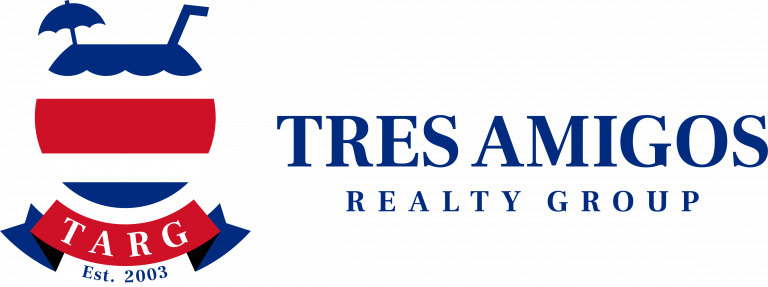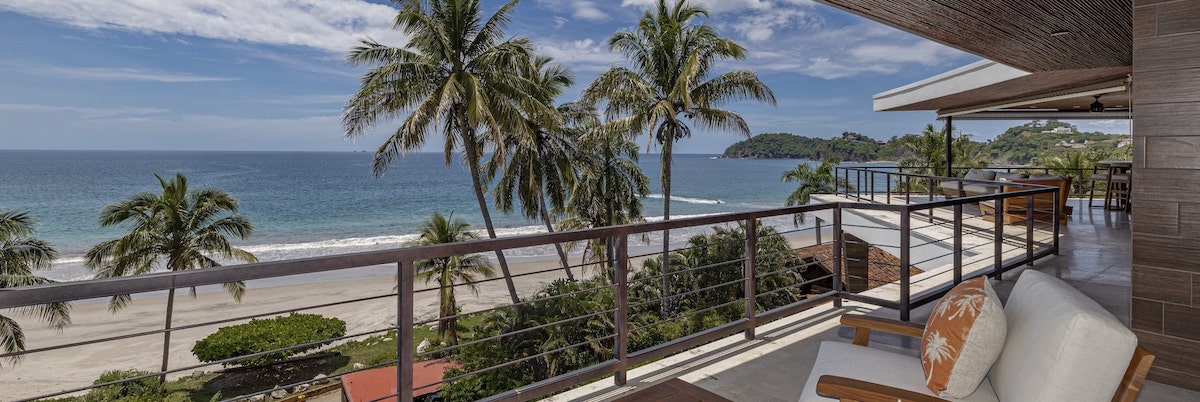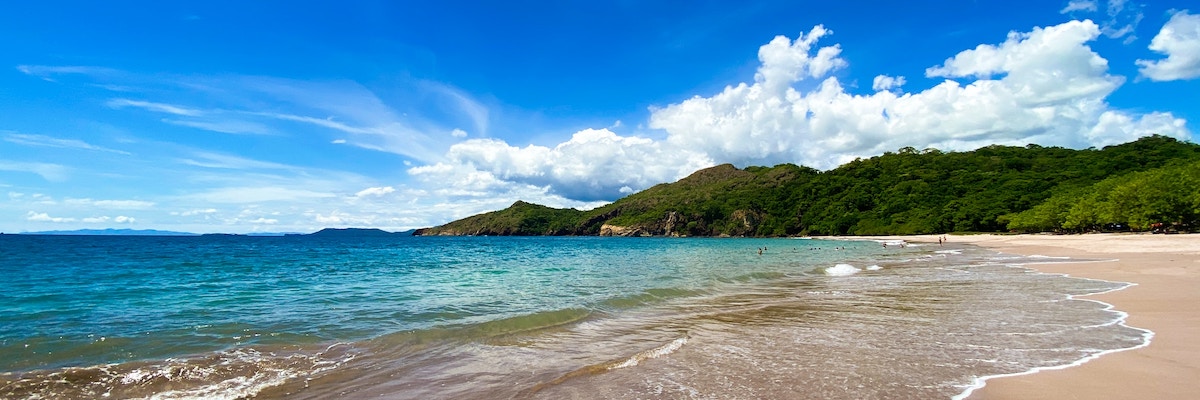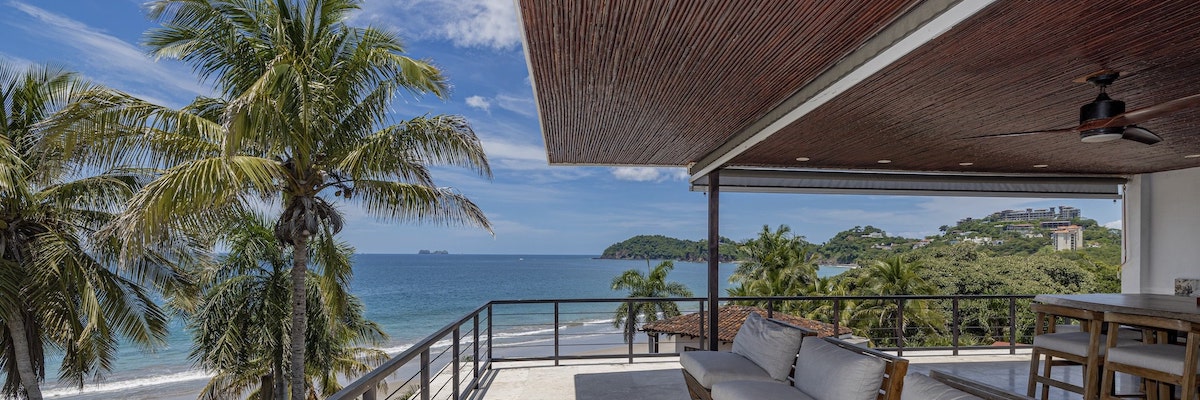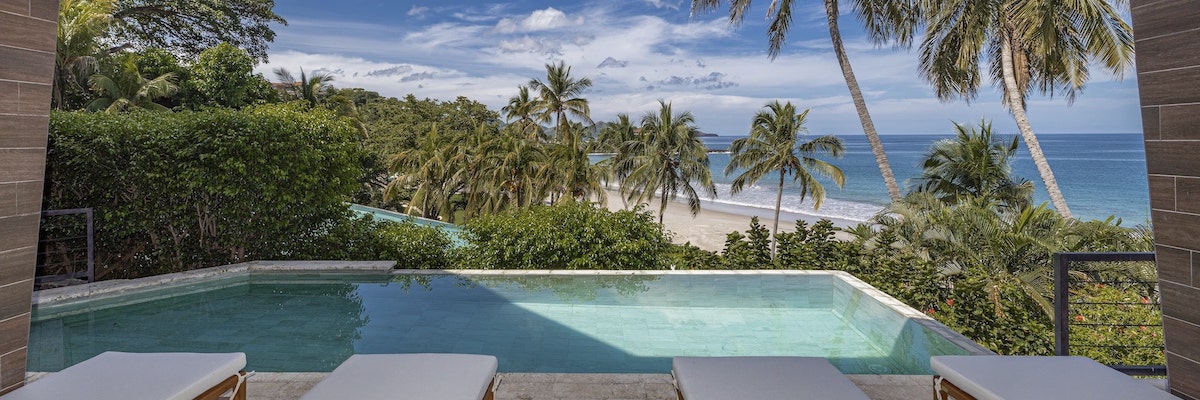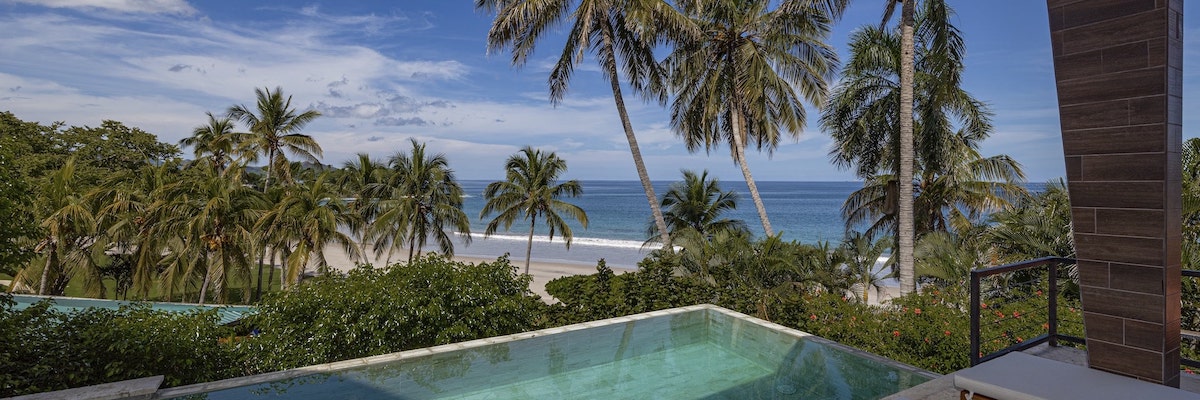Purchasing property in Costa Rica offers a unique opportunity for both locals and international investors, thanks to the country's rich landscapes and friendly real estate laws. Whether you're buying a beachfront villa, a city apartment, or a mountain retreat, understanding how to make an offer is crucial to ensuring a smooth transaction. This detailed guide provides an expanded look at the steps involved, incorporating key legal and procedural details relevant to the Costa Rican market.
Understanding Property Ownership in Costa Rica
Legal Framework for Foreign and Local Buyers
In Costa Rica, foreigners enjoy the same property ownership rights as local citizens, which is a significant attraction for international buyers. Most properties come with full title ownership, similar to the systems in the USA or Canada, allowing for outright purchase without any special restrictions. However, beachfront properties are often held under a concession system, which is more like a lease agreement and has specific terms and conditions.
Ownership Methods
Buyers have a variety of options for holding property, including personal names, corporations (CR Corporations), trusts, foundations, and even self-directed IRAs. Each method offers different advantages, especially in terms of tax planning and estate management. Engaging a reputable Costa Rican law firm can streamline this process, ensuring all legalities are correctly handled.
Making the Offer
Structure of the Offer
Costa Rican property offers are typically concise, structured like term sheets and spanning just 3 to 4 pages. These documents are detailed yet succinct, including:
- First Page: Details of the buyer, seller, and property, along with the agreed purchase price.
- Second Page: Outlines the due diligence process, contingencies, closing dates, fees, arbitration clauses, and specifics about what is included or excluded in the sale.
- Final Page: Reserved for the signatures of the involved parties.
Digital Transactions
Digital signatures are legally recognized in Costa Rica, facilitating remote transactions. Platforms like DocuSign are commonly used, allowing you to handle offers and closings from abroad, which is particularly convenient for foreign investors.
Escrow and Deposits
Setting Up Escrow
Once an offer is accepted, a secure escrow account must be established with a firm registered under SUGEF, Costa Rica's banking authority. This account plays a critical role in safeguarding the funds and ensuring a transparent transaction.
Deposit Requirements
A deposit, generally about 10% of the purchase price, is made into the escrow account as a sign of good faith. This deposit is refundable if the buyer withdraws during the due diligence period, which typically lasts between 14 to 30 days.
Conducting Due Diligence
Inspections and Legal Checks
The due diligence phase allows the buyer to conduct thorough inspections of the property, including structural surveys and checks for any legal impediments such as liens or encumbrances. Buyers also have the option to engage in more extensive evaluations like engineering assessments.
Verification of Titles and Liabilities
Attorneys play a vital role during this phase, performing full title searches in the National Registry to verify that there are no existing mortgages, liens, or outstanding taxes. This ensures that the buyer is acquiring a property free of legal complications.
Closing the Transaction
Timeline for Closing
Closing typically occurs within 30 to 45 days from the acceptance of the offer. Before closing, the remaining balance of the purchase price, along with any applicable closing costs minus the initial deposit, should be transferred to the escrow account.
Post-Closing Procedures
After the property has changed hands, attorneys handle the final documentation, including the translation and registration of all pertinent documents. Parties can be represented via special power of attorney, meaning neither buyer nor seller needs to be physically present. Additionally, an affidavit confirming the legitimacy of the funds used must be signed, which can also be arranged at a Costa Rican consulate if necessary.
Handling of Utilities and Miscellaneous Fees
Typically, $1,000 is held from the seller for about 30 days post-closing to cover any incidental expenses, such as outstanding utility bills, ensuring a clean transition.
Celebrating Your Purchase
With the transaction complete, many new owners choose to celebrate their successful property acquisition, enjoying the vibrant lifestyle and natural beauty of Costa Rica. This joyous moment marks the beginning of a new chapter in the breathtaking surroundings of this tropical paradise.
This comprehensive guide is designed to help you navigate the nuances of the Costa Rican real estate market, ensuring a clear, secure, and successful property purchase. Welcome to your new home, and embrace the pura vida lifestyle that Costa Rica offers!
